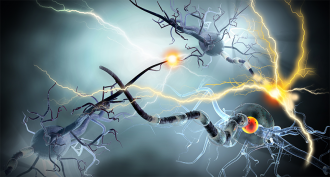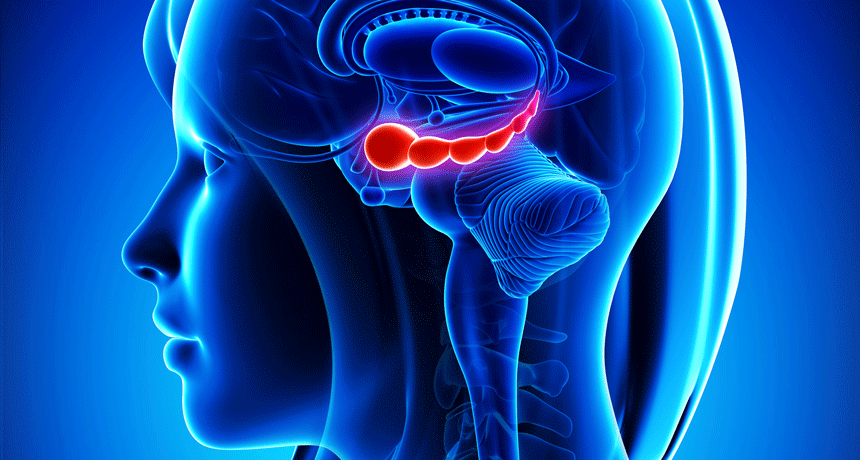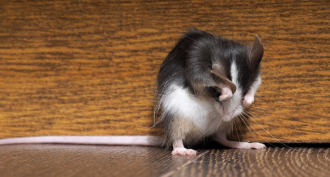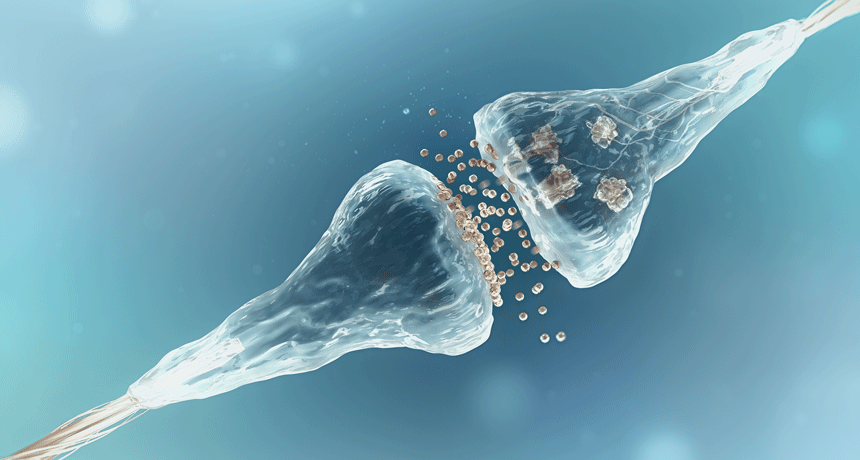Brain
-
 Brain
BrainWhen is an epileptic seizure about to strike?
Two high-school research projects suggest ways to identify early warnings of a coming epileptic seizure. This might give people time to free themselves from potentially dangerous activities.
By Sid Perkins -
 Brain
BrainAnalyze This: Sleep patterns vary widely across the world
Data on four very different groups of people show that sleep patterns vary based on the local environment, the culture and daily schedules.
-
 Brain
BrainScientists Say: Hippocampus
The hippocampus is an area of the brain that is essential for forming new memories.
-
 Brain
BrainTwo brain areas team up to make mental maps
To find your way around, you need to remember where you are and plan ahead. A new study shows there’s a brain area for each task.
-
 Health & Medicine
Health & MedicineJust viewing super-size meals can promote overeating
Large portions of food dampen activity in a brain area involved in self-control, a new study shows.
-
 Brain
BrainFood smells better to sleepyheads
People who want to resist junk foods or overeating may want to make sure they get a good night’s rest. Being tired makes the scent of foods more appealing, a new study finds.
-
 Psychology
PsychologyNoticing mistakes boosts learning
People who pay attention to their mistakes are more likely to do better the next time, data show.
-
 Brain
BrainAmong mice, scratching is catching — as in contagious
Contagious itching spreads by sight, mouse-to-mouse. Scientists have now identified brain structures behind this phenomenon.
By Susan Milius -
 Brain
BrainStudy links ADHD to five brain areas
A new international study shows that the brains of children with ADHD are different from those in people without this condition.
By Dinsa Sachan -
 Brain
BrainAnxious about math? Your brain may tackle simple problems differently
A study found more variable brain activity in people who get nervous about math problems than those who do not.
-
 Brain
BrainScientists Say: Synapse
When brain cells need to pass messages, they do it without touching, across a space called a synapse.
-
 Brain
BrainHigh-school brain researcher takes home $250,000 prize
Three teens won big in this year’s Regeneron Science Talent Search. They studied brain injury, mathematical models and networks of connections within big data sets.